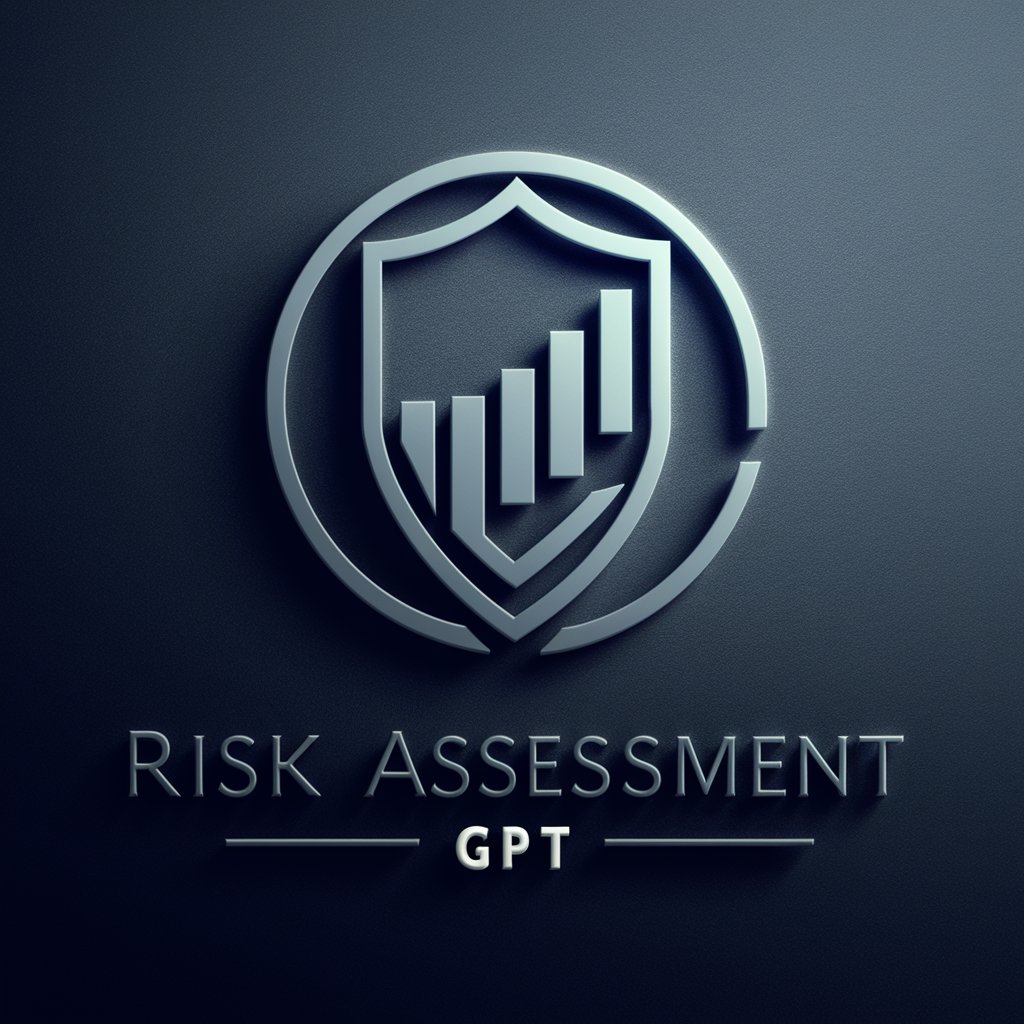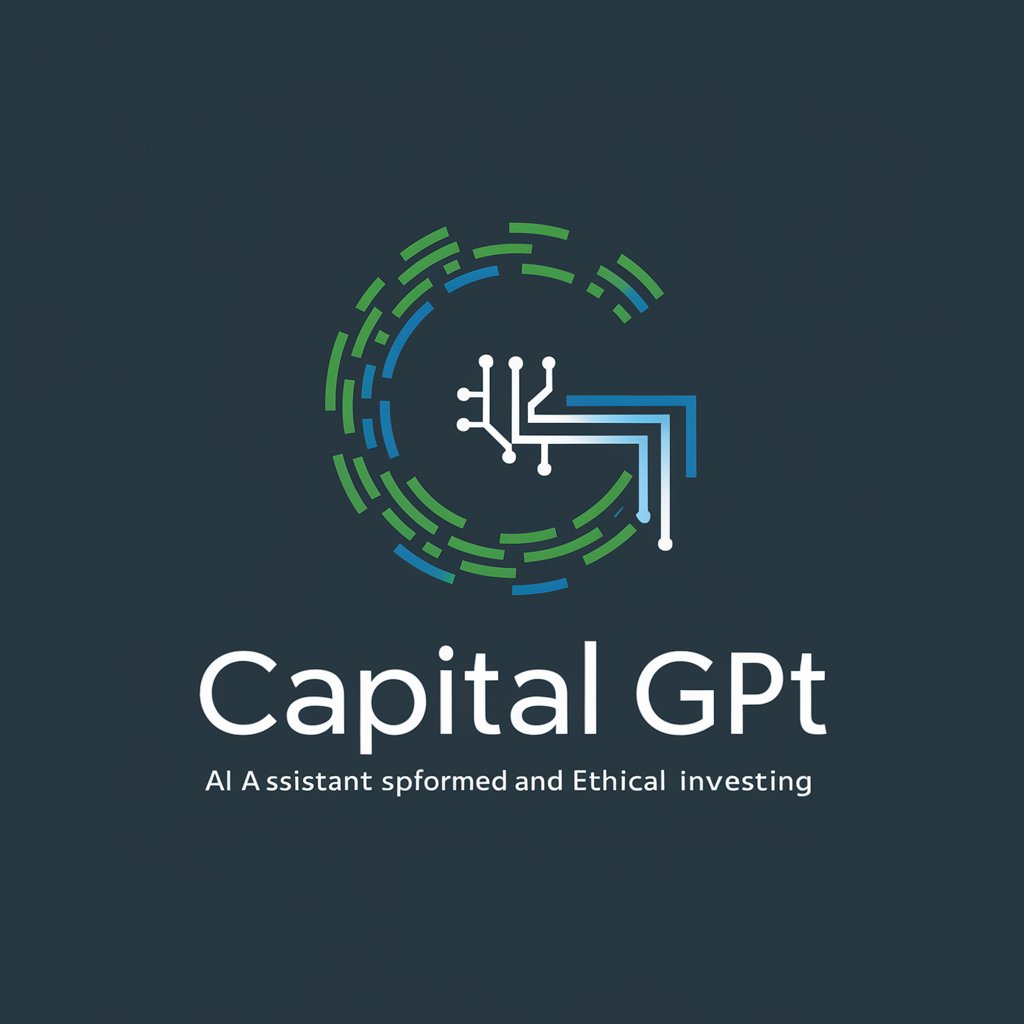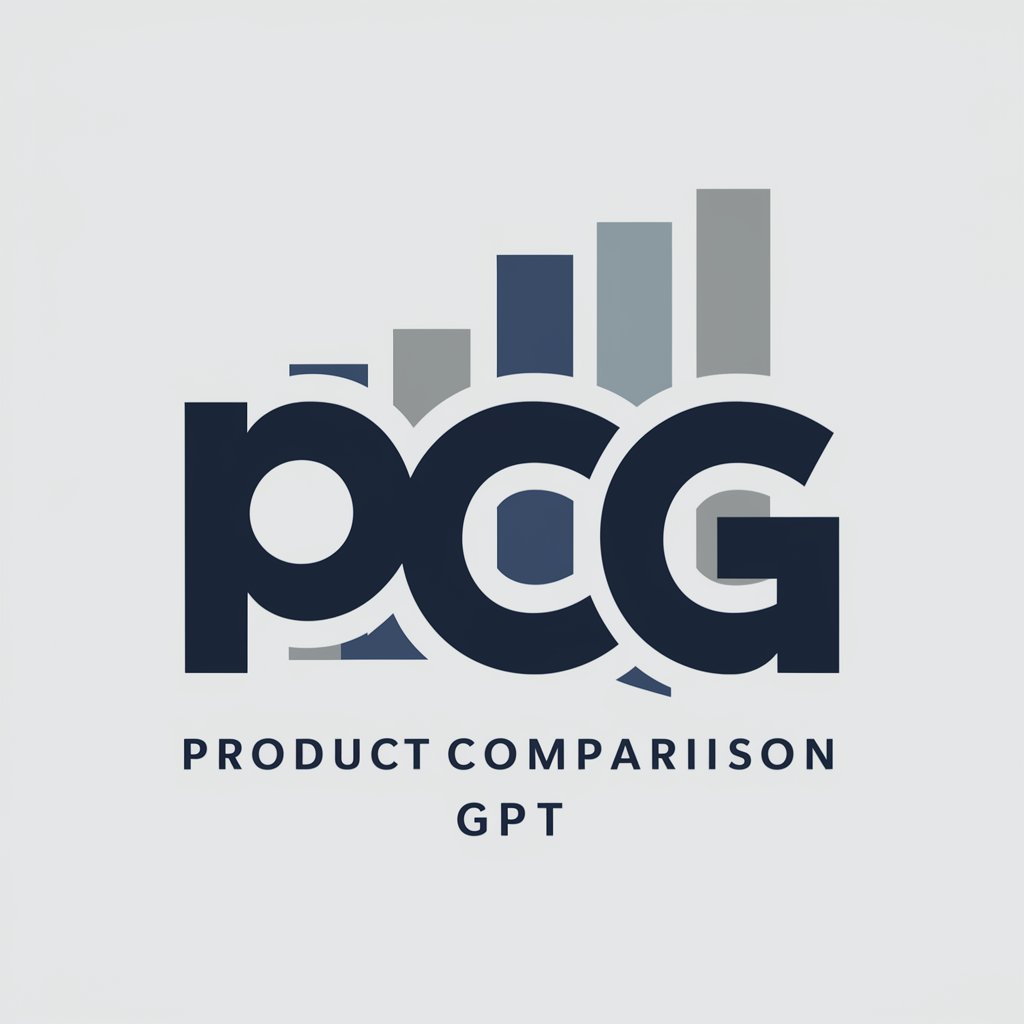
PFAS GPT - up-to-date PFAS insights
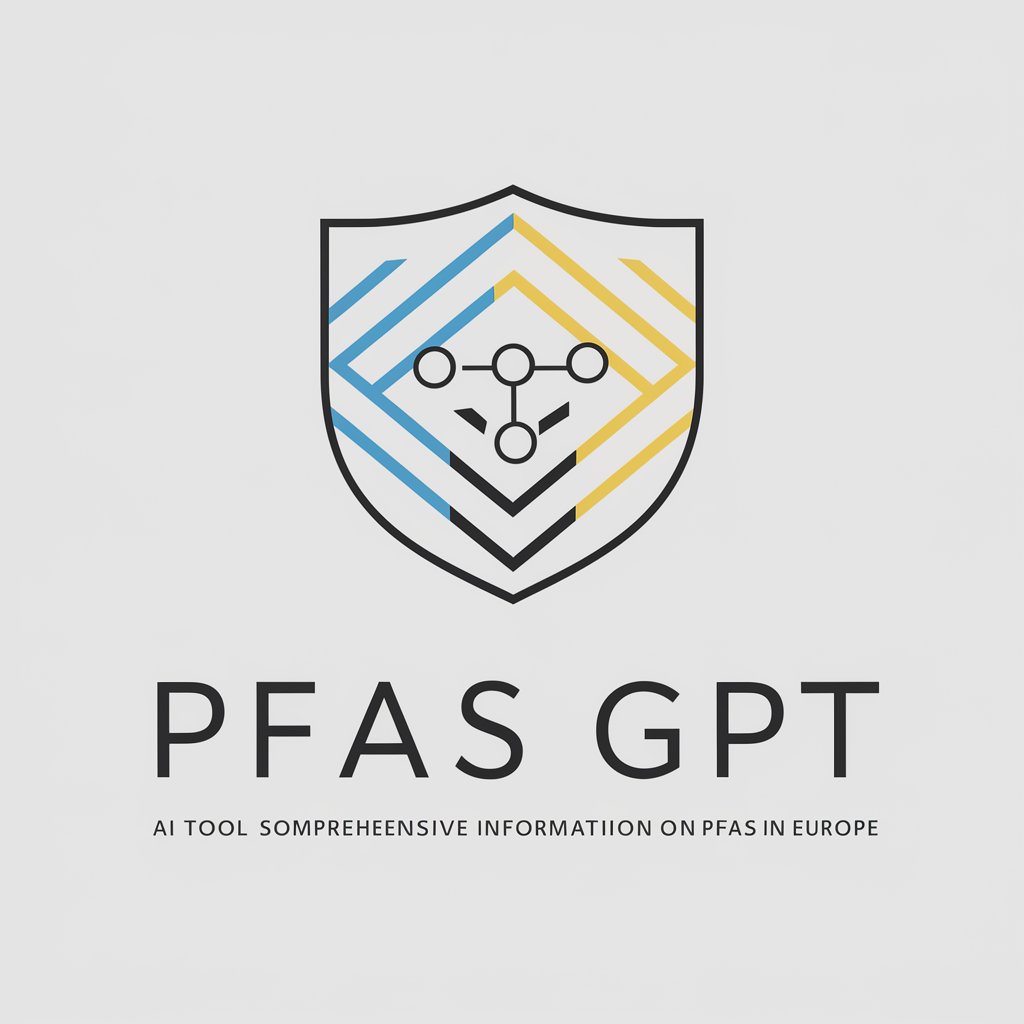
Welcome to PFAS GPT, your expert on PFAS in Europe.
Empowering PFAS knowledge with AI
Can you provide an overview of the latest PFAS regulations in Europe?
What are the main health risks associated with PFAS exposure?
How is the pharmaceutical industry impacted by PFAS restrictions?
What alternatives exist for PFAS in industrial applications?
Get Embed Code
Introduction to PFAS GPT
PFAS GPT is a specialized AI tool designed to navigate the complex world of Per- and Polyfluoroalkyl Substances (PFAS), focusing on their environmental, health, regulatory, and industrial implications in Europe. Its core function is to provide up-to-date, comprehensive information and guidance on managing PFAS challenges. This includes interpreting legal jargon, demystifying technical aspects, and offering straightforward explanations and guidance. For example, it can analyze the impact of PFAS on water quality and offer insights into remediation techniques, illustrating the application of advanced filtration methods to reduce PFAS levels in contaminated water sources. Powered by ChatGPT-4o。

Main Functions of PFAS GPT
Regulatory Guidance
Example
Interpreting EU legislation on PFAS usage and restrictions
Scenario
A policymaker needs to understand how new EU regulations affect local industries. PFAS GPT can detail the implications of the EU's PFAS restriction proposal, outlining which industries are most affected and what alternatives may be considered to comply with the legislation.
Environmental Impact Assessment
Example
Assessing the environmental impact of PFAS contamination
Scenario
An environmental scientist is researching the effects of PFAS on local ecosystems. PFAS GPT provides a detailed analysis of PFAS' persistence and toxicity, supporting the scientist in developing a comprehensive environmental risk assessment.
Health Impact Analysis
Example
Exploring the health risks associated with PFAS exposure
Scenario
A public health official is preparing a report on the risks of PFAS in drinking water. PFAS GPT offers insights into the health effects of long-term exposure to PFAS, including potential links to cancer and immune system effects, aiding in the preparation of public health advisories.
Ideal Users of PFAS GPT Services
Policymakers and Regulators
This group benefits from PFAS GPT by gaining a clear understanding of PFAS regulations, helping them develop effective policies and compliance strategies that protect public health and the environment.
Environmental Professionals and Scientists
These users leverage PFAS GPT to obtain detailed information on PFAS' environmental impacts, assisting in research, remediation efforts, and the development of strategies to mitigate contamination.
Industry Stakeholders
Manufacturers and businesses affected by PFAS regulations use PFAS GPT to navigate the complex legal landscape, identify safer alternatives, and implement compliance measures to ensure sustainable operations.

How to Use PFAS GPT
1
Visit yeschat.ai for a complimentary trial without needing to log in, bypassing the necessity for ChatGPT Plus.
2
Identify your specific query or the information you need related to PFAS, whether it's regulatory standards, environmental impacts, or industrial applications.
3
Utilize the search or query function to input your question. Be as specific as possible to ensure the most accurate and relevant information is provided.
4
Review the generated response for insights, data, and guidance on your query. Utilize any links or references provided for deeper understanding or further research.
5
For complex queries or follow-up questions, refine your question based on the information provided and repeat the search to narrow down or expand the information received.
Try other advanced and practical GPTs
Special Forces Tourism Guide
Maximize Adventures, Minimize Time.

Explorador Etimólogo
Unveil the history behind words with AI.

AdCraft Writer
Crafting Your Message, Powering Your Ads

Travel Concierge
AI-Powered Personalized Travel Advice

Go for it, stranger
Inspire your life with AI-powered positivity

CRM Selection, Administration & Strategy
Empowering businesses with AI-driven CRM insights

text2video - AI Video prompt creator
Transform ideas into videos effortlessly

React Guide
Empowering developers with AI-driven React.js insights.
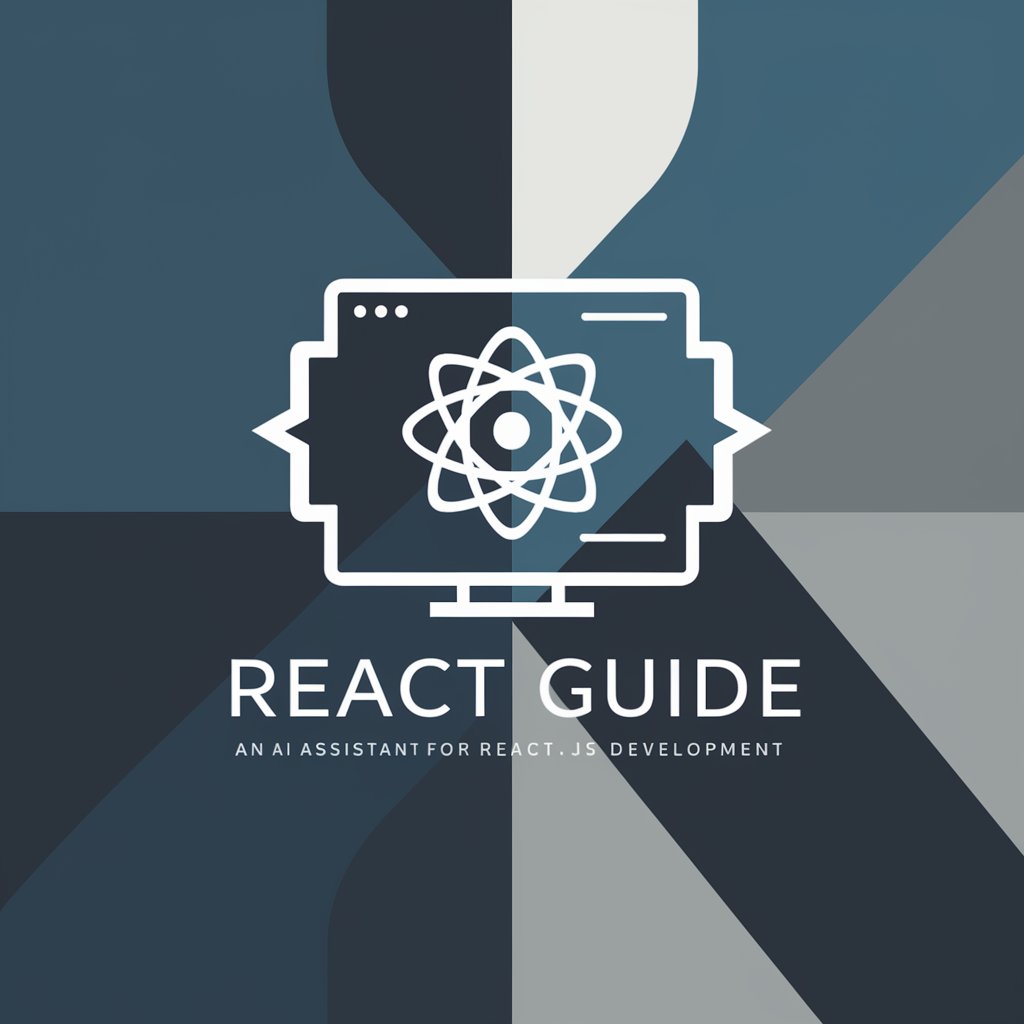
GPT - Problema de Pesquisa
AI-powered Research Assistant

Pity And Fear meaning?
Harness AI to Explore and Innovate

Travel Buddy
Discover the world your way with AI-powered travel insights.

Bubble Pal
Optimizing and Securing Your Bubble Projects with AI

PFAS GPT Q&A
What kinds of PFAS regulations can PFAS GPT provide information on?
PFAS GPT can offer detailed insights into a range of PFAS regulations, including but not limited to EU REACH, the Stockholm Convention, the US Safe Drinking Water Act, and emerging national and international regulatory frameworks.
Can PFAS GPT suggest alternatives to PFAS for industrial applications?
Yes, PFAS GPT can provide information on existing alternatives to PFAS compounds, focusing on safer and environmentally friendly options across various industries, including textiles, firefighting foams, and food packaging.
How does PFAS GPT stay updated on the latest PFAS research?
PFAS GPT regularly incorporates the latest studies, scientific papers, and industry reports into its database, ensuring users receive the most current information and insights on PFAS-related topics.
Is PFAS GPT capable of advising on PFAS remediation strategies?
While PFAS GPT can provide information on existing PFAS remediation techniques and emerging technologies, it is designed for informational purposes and recommends consulting with environmental professionals for specific remediation projects.
Can PFAS GPT help with academic research on PFAS?
Yes, PFAS GPT is an invaluable resource for academics, offering access to a comprehensive database of PFAS-related materials, including peer-reviewed articles, case studies, and environmental impact assessments, facilitating research and study.


